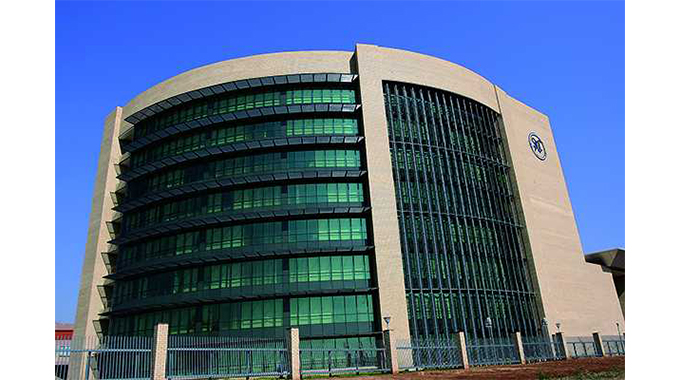Bulawayo launches leather industry support project

Business Reporter
BULAWAYO will today witness the launch of the Support to Industrialisation and Productive Sectors (SIPS) Project aimed at promoting green innovative solutions targeting the leather sector in Zimbabwe and Tanzania.
The initiative is being sponsored through funding from Sadc and its partners and is expected to stimulate job creation, reduce the environmental impact of leather processing and create market linkages for leather products at a domestic, regional and international level.

THE Southern African Development Community (Sadc)
Industry and Commerce permanent secretary, Dr Mavis Sibanda will launch the project which is expected to be attended by leather industry executives, representatives from ZimTrade, Solidaridad and Sadc.
“The leather industry is an important strategic sector for the industrial development of both Tanzania and Zimbabwe as well as the Southern Africa region,” reads part of the document on the project.
The region has an abundant and renewable resource base in its relatively large population of cows, sheep and goats but this potential remains largely untapped due to a lack of investment and several sector-wide constraints.
These include poor quality of hides due to traditional based animal husbandry practices, old and polluting technologies in both tanning and leather manufacturing industries, poor market connectivity and regional integration.
“These constraints contribute to a lack of competitiveness and value addition opportunities in the face of a globalised leather value chain with increasing social and environmental standards,” reads the document.

Solidaridad Network
The industrial support programme is expected to avail funding to that which will assist the sector for about two years through Sadc and the project will be implemented by Solidaridad Network SA trust and Solidaridad East and Central Africa.
“The objective is to promote green innovative solutions in the leather sector of Tanzania and Zimbabwe and create market linkages for leather products at a domestic, regional and international level,” reads the document.
“Target groups are mainly 15 SME tanneries, 10 from Zimbabwe and five from Tanzania, 30 SME leather product manufacturers (10 Zimbabwe and 20 Tanzania) and 15 clusters of 250 individual micro-leather enterprises.”
The final beneficiaries are around 2 500 workers of the leather tanning and leather product manufacturing companies in Tanzania and Zimbabwe.
Indirectly the whole tanning and leather industry in Southern Africa will benefit from this project.
The net scope of results covers reduction of tannery waste and production costs and additional income generation from waste to value products, compliance with international market standards leading to enhanced competitiveness and supplies of better standard leather products at competitive rates.










Comments